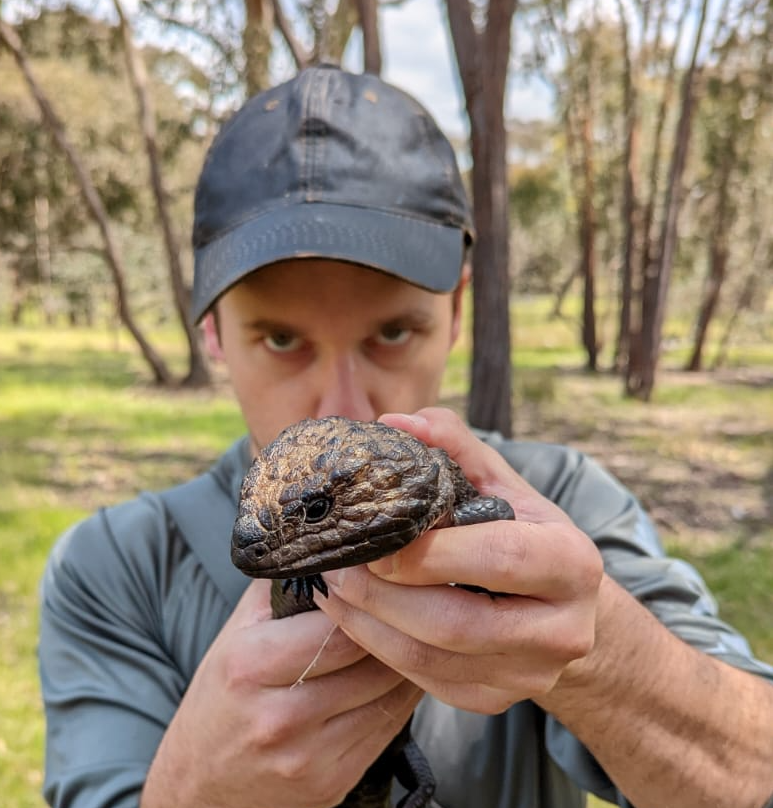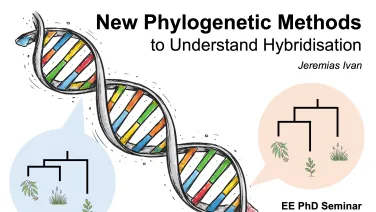E&E PhD Exit Seminar: Developmental Programming, Life-History Trade-Offs, and the Mechanisms that drive them: Insights from Australian skinks
Developmental conditions are powerful drivers of phenotypic plasticity. Environmental factors, such as temperature, can directly program fitness-associated phenotypes, while maternal effects act as indirect cues that shape the developmental environment.
Speakers
Event series
Content navigation
Description

ABSTRACT
Developmental conditions are powerful drivers of phenotypic plasticity. Environmental factors, such as temperature, can directly program fitness-associated phenotypes, while maternal effects act as indirect cues that shape the developmental environment. Yet their independent contributions remain poorly resolved across ecological contexts, and their interactions are understudies despite being common in nature. Therefore, recent work has emphasized the importance of identifying the mechanisms underlying developmental programming. Mitochondrial function and oxidative stress are likely candidate mechanisms, but logistical constraints often limit studies that integrate multiple physiological traits across species and life stages. In this thesis, I tested how incubation temperature and maternal hormone transfer interact to shape survival, growth, and cognition across the lifespan of two lizards (Lampropholis delicata and L. guichenoti) reared under naturalistic conditions. To test for the programming of cellular physiology, I developed high-throughput methods that quantify mitochondrial function and oxidative stress from single samples, and applied these methods to juveniles and adults. Developmental corticosterone exposure and incubation temperature influenced early-life survival and body size, but these differences diminished through compensatory growth, and I found no evidence of long-term physiological programming. The effects of developmental conditions were conserved across the two species, despite their differences in life-history strategies. Overall, these results suggest a limited role for developmental programming in oviparous ectotherms and highlight the importance of postnatal environments and broader life-history contrasts (e.g., ectothermy vs. endothermy; oviparity vs. viviparity) in shaping lifelong phenotypes. This work thus provides both mechanistic tools and conceptual direction for future research on developmental programming, life-history trade-offs, and the mechanisms that drive them.
Location
Please note: this seminar will be held in the Eucalyptus Seminar Room and via Zoom, details are included below.
Eucalyptus Seminar Room, S205,
Level 2, RN Robertson Bldg (46)
Please click the link below to join the webinar:
https://anu.zoom.us/j/83005219668?pwd=qqB7zEd53eMS7CuGqrK8BIubvrV0TB.1
Webinar ID: 830 0521 9668
Passcode: 287328
Canberra time: please check your local time & date if you are watching from elsewhere.


